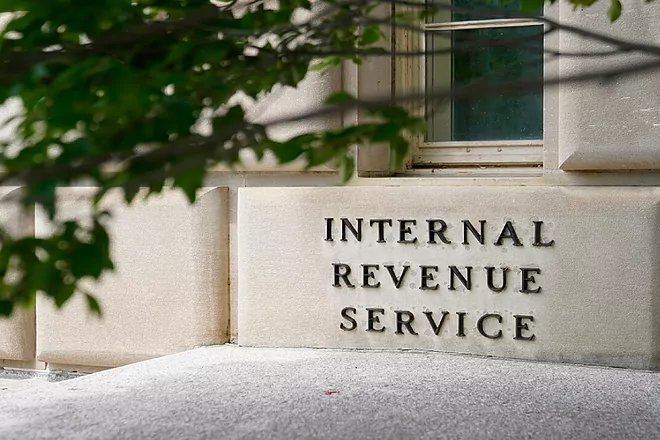What Is The Maximum Year For The IRS To Forgive Tax Debt? – IRS Tax Dept
Many taxpayers in the U.S. may wonder whether the Internal Revenue Service (IRS) could forgive an unpaid tax debt after failing to claim it over a certain number of years. The answer is yes, although the majority of taxpayers aren’t aware that the IRS has established a statute that dictates that they are required to write off the debt after a certain period.
The IRS has 10 years to claim an unpaid tax debt according to its 10-Year Statute of Limitations. If they fail to do so in a decade, they should write the debt off. Moreover, taxpayers who choose to wait for the IRS to collect their debts should be aware that it’s possible that IRS agents could become more aggressive in their collection tactics over the years.
According to the official government website, The Collection Statute Expiration Date (CSED) marks the end of the collection period, the period established by law when the IRS can claim taxes. “The CSED usually is ten years from the date of the assessment.
Assessments with their CSED are not limited but include original tax assessments from voluntarily filed returns, tax assessments arising from amended return filings, substitute for Return (SFR) tax assessments filed by the IRS when an individual fails to file a return, audit assessments, and some certain penalty assessments.

Many American taxpayers may wonder whether the Internal Revenue Service (IRS) could forgive an unpaid tax debt after failing to collect it over a certain number of years. (Photo: Marca)
How Many Years Does It Take For The IRS To Forgive The Tax Dept?
The agents of the IRS could either offer you an installment payment plan or even ask you whether you are willing to extend the CSED. You shouldn’t make any decisions before consulting a tax professional. Meanwhile, you shouldn’t forget that the time the IRS can collect debts can be suspended or extended.
According to a published post by Marca, the initial ten-year CSED can be delayed by certain events. The running of the collection period is generally suspended when the IRS is not allowed to collect tax.
The time the IRS can collect is pushed out by the period it is suspended. In simple words, the initial ten-year limit to manage isn’t more than the original ten years. The IRS generally does not take levy action during the time the collection period is suspended, but it’s important to note there are some exceptions.
Contradictory, the collection period is extended when the IRS is legally authorized a specific number of time to be increased to the initial ten years to collect. The IRS is not prohibited from collecting when the collection period is extended.

















